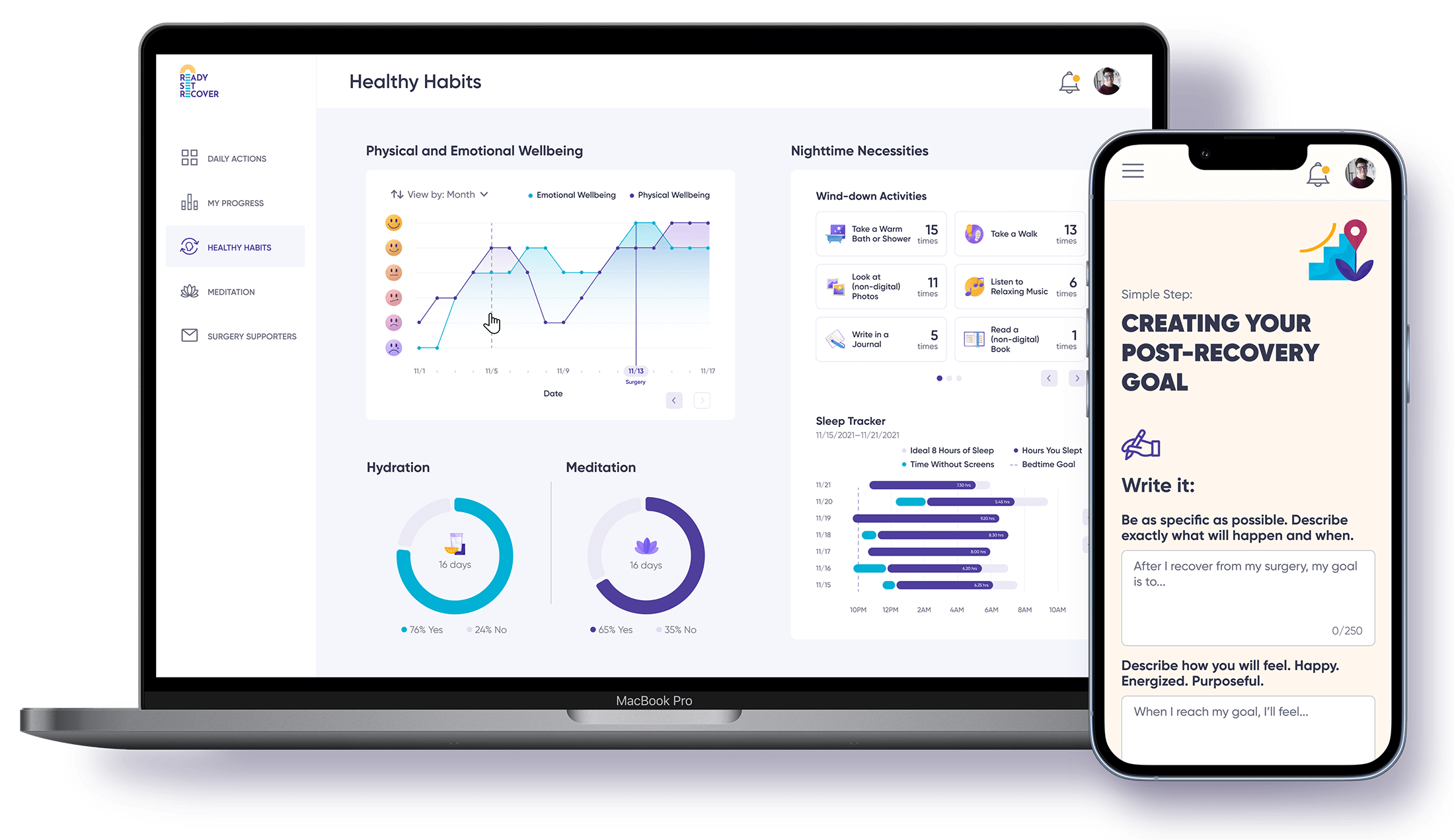How Patient Engagement in Healthcare Improves Care


Did you know that engaged patients can experience up to 688% better health outcomes? Patient engagement, the collaborative process where patients actively participate in their healthcare decisions, is revolutionizing the way we approach medicine. By empowering patients to take control of their health, patient engagement is leading to a wave of positive changes across the healthcare landscape. This article explores the far-reaching impact of patient engagement, highlighting its benefits for patients, healthcare providers, insurers, and the healthcare system as a whole.
Why Patient Engagement in Healthcare Matters
Doctors: Partners in Health
Healthcare works best when patients aren’t just passive recipients of care but active participants. When people understand their conditions, ask questions, and follow through on treatments, they see better results. Patient engagement in healthcare also helps doctors provide more personalized care. It reduces errors, improves communication, and leads to higher satisfaction. In this guide, we’ll look at why engagement is key and how to make it a reality.
Research supports this, indicating that engaged patients can experience up to over 6x better outcomes compared to their less-engaged counterparts. This statistic isn't just a number but a reflection of real health improvements that reduce the need for costly interventions and improve long-term health outcomes.
Strategies for Strengthening Doctor-Patient Partnerships:
Shared decision-making tools: These tools present treatment options in an easy-to-understand format, empowering patients to actively participate in choosing the best course of action for their health.
Educational resources: Providing patients with access to reliable and clear health information resources empowers them to make informed decisions and better manage their health conditions.
Hospitals: Creating Value Through Patient Satisfaction
Hospitals that implement effective patient engagement strategies often see a cascade of positive effects. One of the most significant is the increase in patient satisfaction, which can enhance a hospital’s reputation and economic performance. Research has demonstrated that hospitals with high patient engagement scores see up to a 5% improvement in satisfaction ratings.
Strategies for Boosting Patient Satisfaction in Hospitals:

Patient portals: Secure online portals offer patients 24/7 access to their medical records, appointment scheduling, and communication with healthcare providers, fostering a sense of control and transparency.
Patient support groups: Connecting patients with others facing similar health challenges can provide emotional support, valuable insights, and a sense of community.
Insurers: Efficient Care at Lower Costs
Insurers stand to gain considerably from effective patient engagement. Engaged patients typically require less costly care, leading to significant savings across the healthcare system. One study noted that proactive patient engagement could reduce symptoms by up to 27.2%, underscoring the economic value of engagement.
Strategies for Insurers to Promote Patient Engagement:
Wellness programs: Offering incentives for preventive care and healthy lifestyle choices can encourage patients to take a more proactive approach to their health, reducing the need for expensive interventions down the line.
Telehealth services: Expanding access to telehealth services can improve patient engagement by offering convenient and accessible care options, particularly for chronic condition management.
Patients: Empowered and Informed
The most profound impact of patient engagement is on the patients themselves. Engaged patients are empowered to take control of their health, leading to better management of chronic conditions and overall health. This empowerment is often accompanied by improved health literacy, which further enhances their ability to manage their conditions effectively. Improved patient engagement is associated with a decreased overall annual cost of care of $1,987 compared with lower activated patients, which is a significant 31% difference.
Strategies for Patients to Take Charge of Their Health:

Ask questions: Patients shouldn't hestitate to ask ther doctor questions about their diagnosis, treatment options, and potential side effects. The more informed they are, the more empowered they become in managing their health journey. In some cases, doctors don't appreciate being questioned, however, the more curious patients are, the more likely they'll be engaged in all facets of their care.
Become active participants: Taking things a step further, patients should be encouraged to research their condition, attend support groups, and participate in treatment plan discussions. By taking an active role in their healthcare, they can ensure their care is tailored to their specific needs and preferences.
Trends Driving the Patient Engagement Revolution

The adoption of technology in healthcare has been a significant driver of patient engagement. Digital tools such as patient portals have become commonplace, with more than 90% of U.S. healthcare providers now offering them to their patients. These portals provide patients with unprecedented access to their medical records, appointment scheduling, and direct communication with their healthcare providers.
The surge in telehealth usage is another trend worth noting. Since the pandemic, the use of telehealth services has increased with 78% of people aged 50-80 reported using one in 2023, demonstrating its essential role in maintaining patient engagement by providing continuous, accessible care. Telehealth consultations can be particularly beneficial for patients in rural areas or those with mobility limitations, removing geographical barriers to healthcare access.
Beyond the Basics: Innovations in Patient Engagement
Innovative methods are reshaping how patient engagement is approached. Gamification in healthcare, for instance, introduces elements of game design into therapeutic and wellness processes, making them more engaging and enjoyable. Imagine a diabetes management app that rewards patients for tracking their blood sugar levels or completing educational modules. This approach can enhance adherence to treatment plans and make self-care feel less like a chore.
AI and machine learning are also being leveraged to create personalized patient experiences. These technologies can analyze vast amounts of medical data to predict patient needs, identify potential risks, and customize care pathways. For example, an AI-powered platform might suggest educational resources or medication adjustments tailored to a patient's specific health condition and medical history.
A noteworthy innovation in this area is the platform Ready Set Recover, which supports patients throughout their recovery by providing tailored engagement strategies that enhance information retention and adherence to recovery protocols. Imagine an app that sends patients personalized reminders, educational videos, and offers a platform to connect with friends and family to provide surgery support.
Challenges and Overcoming Them:
While patient engagement offers a wealth of benefits, there are challenges to consider. Health literacy disparities can hinder a patient's ability to understand complex medical information. Additionally, limited access to technology can create barriers to utilizing digital engagement tools. To overcome these challenges, healthcare providers can offer educational resources in multiple formats, catering to patients with varying learning styles. Additionally, initiatives aimed at expanding broadband internet access can ensure all patients have the opportunity to participate in the digital healthcare revolution.
It's imperative for all stakeholders in healthcare—providers, insurers, policymakers—to further embrace and integrate patient engagement strategies into their operations to maximize these benefits. By working together, we can create a future where patients are empowered partners in their health journey, leading to a more efficient, effective, and patient-centered healthcare system.
Small Steps to Improve Patient Engagement in Healthcare
The shift towards more engaged healthcare is not just beneficial—it's essential. Engaged patients experience better health outcomes, healthcare providers achieve higher levels of satisfaction and efficiency, insurers enjoy reduced costs, and the entire system becomes more sustainable. As we look to the future, it’s clear that the integration of advanced patient engagement strategies will continue to play a crucial role in the evolution of healthcare.
Frequently Asked Questions
What is patient engagement?
It involves patients actively participating in their own health care to improve outcomes and personalize care.
Why is patient engagement important?
It leads to better health outcomes, reduces healthcare costs, and enhances patient satisfaction.
How can technology improve patient engagement?
Technology facilitates easier access to health information and services, enhancing communication and management of health.
What are some innovative approaches to patient engagement?
Innovations include gamification, AI-driven care, and engagement platforms like Ready Set Recover, which enhance the interactive and personalized nature of healthcare.
How does patient engagement affect healthcare costs?
It significantly reduces unnecessary healthcare utilization, thereby lowering overall costs.
What is the key factor to successful patient engagement?
Clear, open communication between patients and healthcare providers is extremely important. Patients need understandable information, trust in their providers, and support to stay involved in their care.






